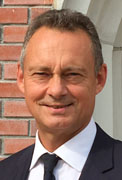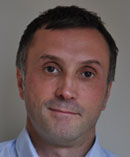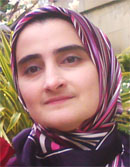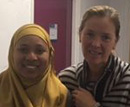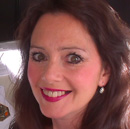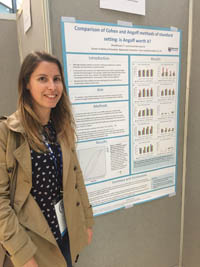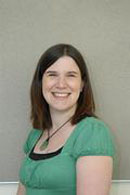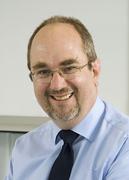 Approaching the end of another year is often a time for reflection but also looking forward.
Approaching the end of another year is often a time for reflection but also looking forward.
As we look back over this last semester we have had an outstanding workshop and seminar from Pauline Kneale from Plymouth talking about the very successful Pedagogic Research Institute and Observatory that she established some years ago and which has been a driver for change and innovation in learning and teaching in Plymouth since its inception. Pauline also talked about the place of pedagogic research in the Institute. While in some ways unique the example of Plymouth does provide a model for the sector as the platform within an institution to influence policy and practice in learning and teaching. Our new Head of School in Education, Communication and Language Sciences gave us a stimulating seminar on the role of pedagogic caring in the creation of environments in which can more effectively take place. Our Journal Club, now run by Luisa Wakeling, continues to provide opportunities to discuss issues of learning and teaching within our areas of interest through the discussion of papers. Jane Stewart’s “What I mean when I say” fora are proving to be fruitful opportunities for free-ranging debate and discussion on a range of educational issues that impact upon us. Please can I encourage you to attend these events? They are designed to provide us all with a chance to engage in professional discussions about our learning and teaching and always give rise to wide-ranging discussion and debate.
In this issue of the newsletter we hear about progress on some of the ERDP-funded projects. The projects that are featured in this issue are very diverse in their aims and contribute to learning in teaching through admissions, induction and by developing the curriculum. I pleased to note that a key feature of some is involving the public in our processes. The current call for applications has just closed but there will be two further calls for funding bids in 2017 during the current academic year. Our events programme will continue with further Journal Club sessions, seminars and “What I mean when I say”. There will be a second Learning and Teaching Forum also.
So, all that remains is to wish you all and very Happy Christmas and New Year and a restful break after what seems to have been a very busy semester.
Prof Steve McHanwell, Director, FMS Unit for ERDP

